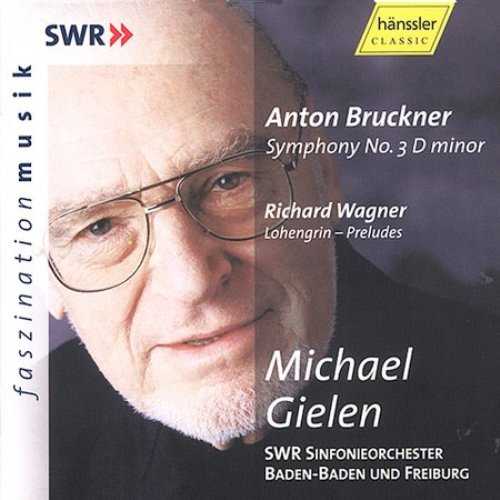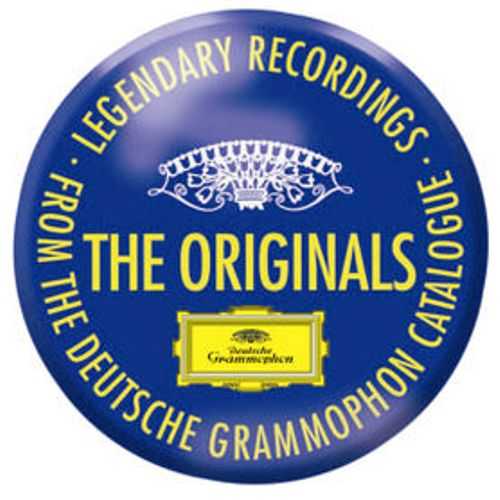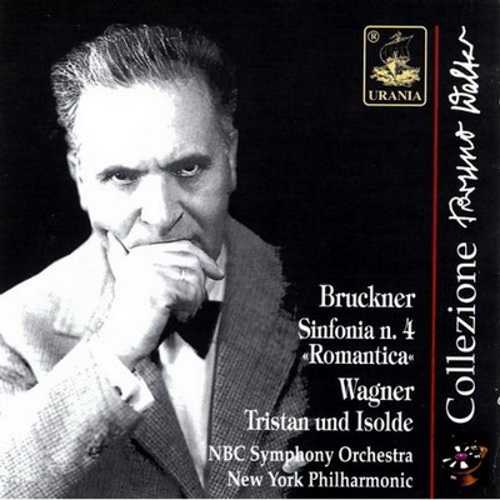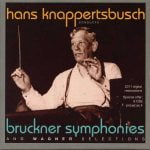
Composer: Anton Bruckner, Richard Wagner
Orchestra: SWR Symphony Orchestra Baden-Baden und Freiburg
Conductor: Michael Gielen
Audio CD
Number of Discs: 1
Format: FLAC (tracks)
Label: Hanssler Classics
Size: 284 MB
Recovery: +3%
Scan: no
Symphony No. 3 in D minor, WAB 103 (1877 version)
01. I. Gemassigt, mehr bewegt, misterioso
02. II. Andante. Bewegt, feierlich, quasi Adagio
03. III. Scherzo. Ziemlich schnell
04. IV. Finale. Allegro
05. Lohengrin: Prelude: Act No. 1
06. Lohengrin: Prelude: Act No. 3
A propulsive Third in the chilly shadow of George Szell’s
In his day George Szell was the most prominent “objectivist” conductor of Bruckner on the scene. He took the symphonies out of the cathdral into the machine age, stripping away any hint of reverence or spiritual grandeur. His recordings stood at the oppoiste end from Furtwangler’s, just as this Thrid Sym. from Michael Gielen stands at the opposite end from Daniel Barenboim’s broad, grandiose account with the Berlin Phil. (Teldec). Recorded in 1999, this CD won some remarkable praise in England, alaong the lines of “a revelaiton, none has ever been better.”
Well. To even approach being that good, Gielen’s orchestra has to be discounted. The SWR orchestra of Baden-Baden and Freiburg is competent, precise, and exuberant without being anywhere near great. The recorded sound is faithful and doesn’t try to inflate the lean-sounding string body. Solo winds and brass are run-of-the-mill. Loving this reading of the 1877 Nowak edition — there are two others, earlier and later — comes down to the conducting. Either you like “objective” Bruckner moving quickly without much rubato and lots of propulsion, or you have different ideas.
I have different ideas and yet quite enjoyed Gielen’s muscular style, which turned out to be less chilly and controlled than Szell’s (if only he had Szell’s Cleveland Orch.). There’s a trifle more flexibility in Gielen’s beat and no sense of driving too hard. I don’t think oue could argue that the second movement is “quasi Adagio” at this walking pace, and the finale crowds the strings at times. At 55 min., this is the shortest Thrid I’ve heard except for the Harnoncourt, which is a few seconds faster. There’s more than enough room to toss in the two ‘Lohengrin’ preludes, where Gielen’s brisk mananer and absence of reverence (in the Act I Prelude) doesn’t suit the tone Wagner wanted to set.



